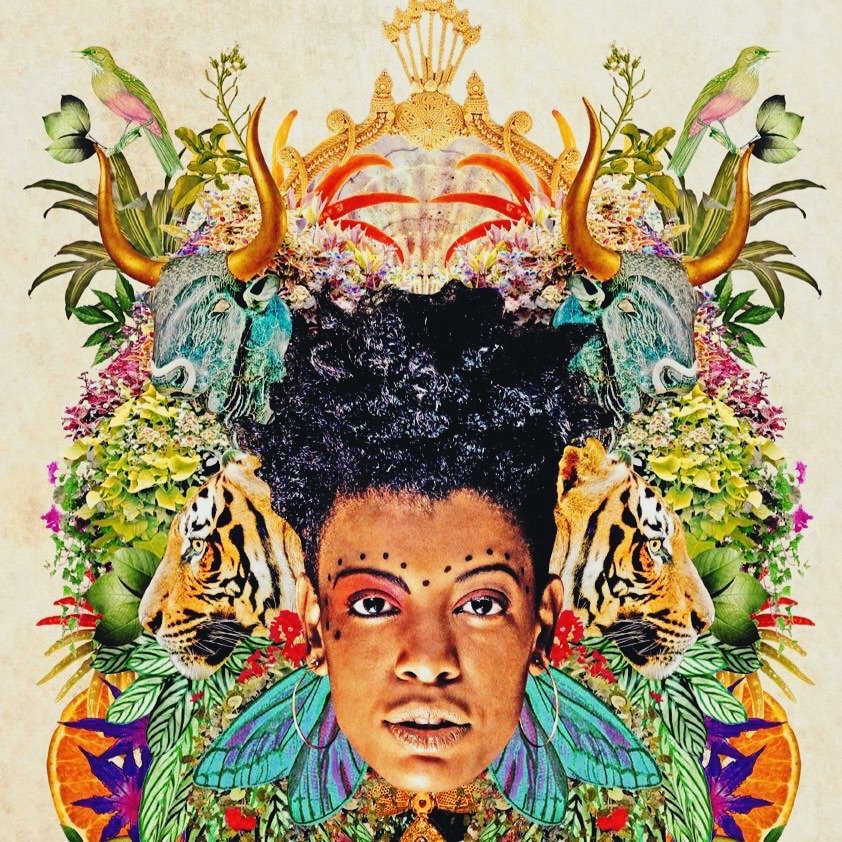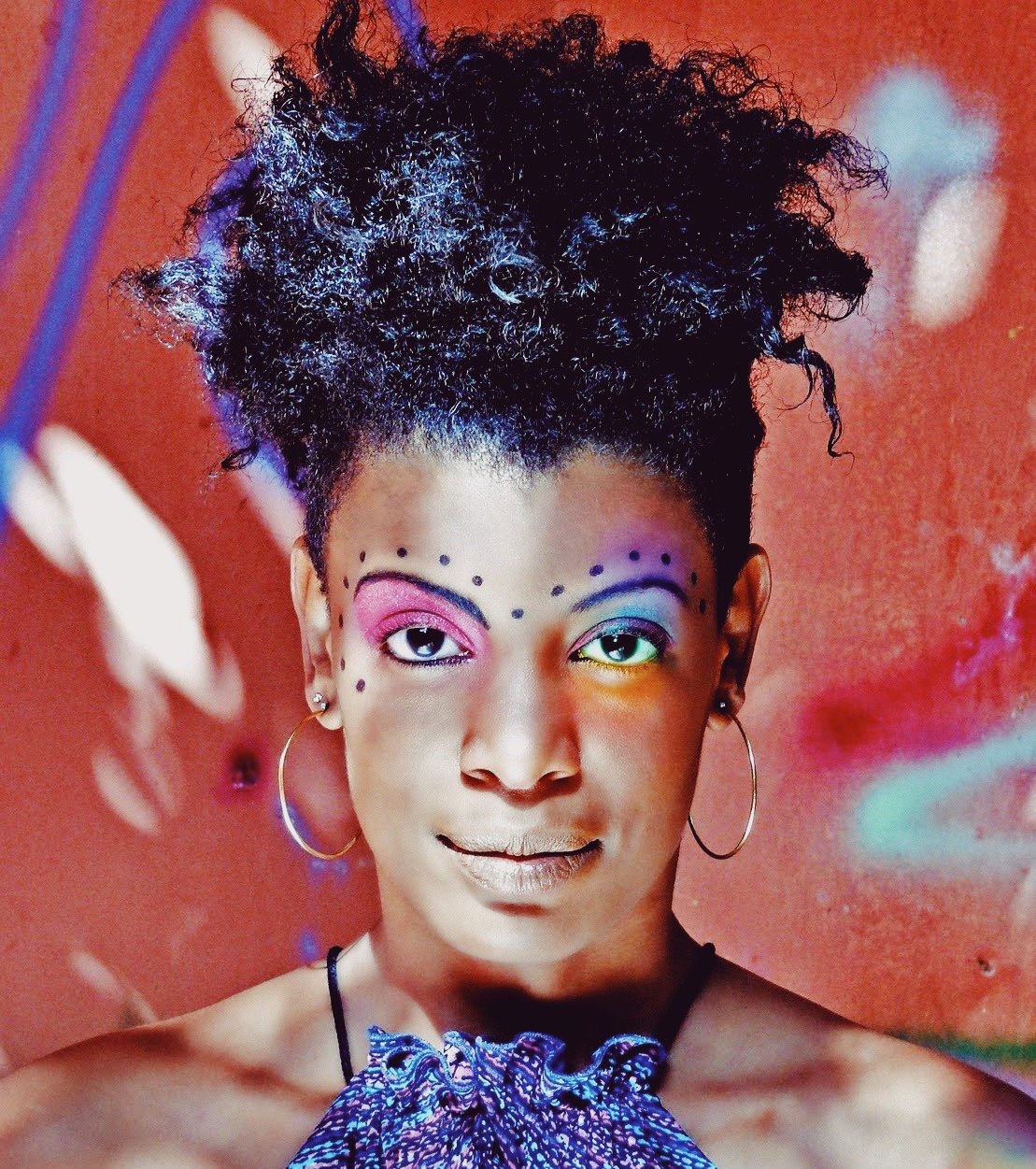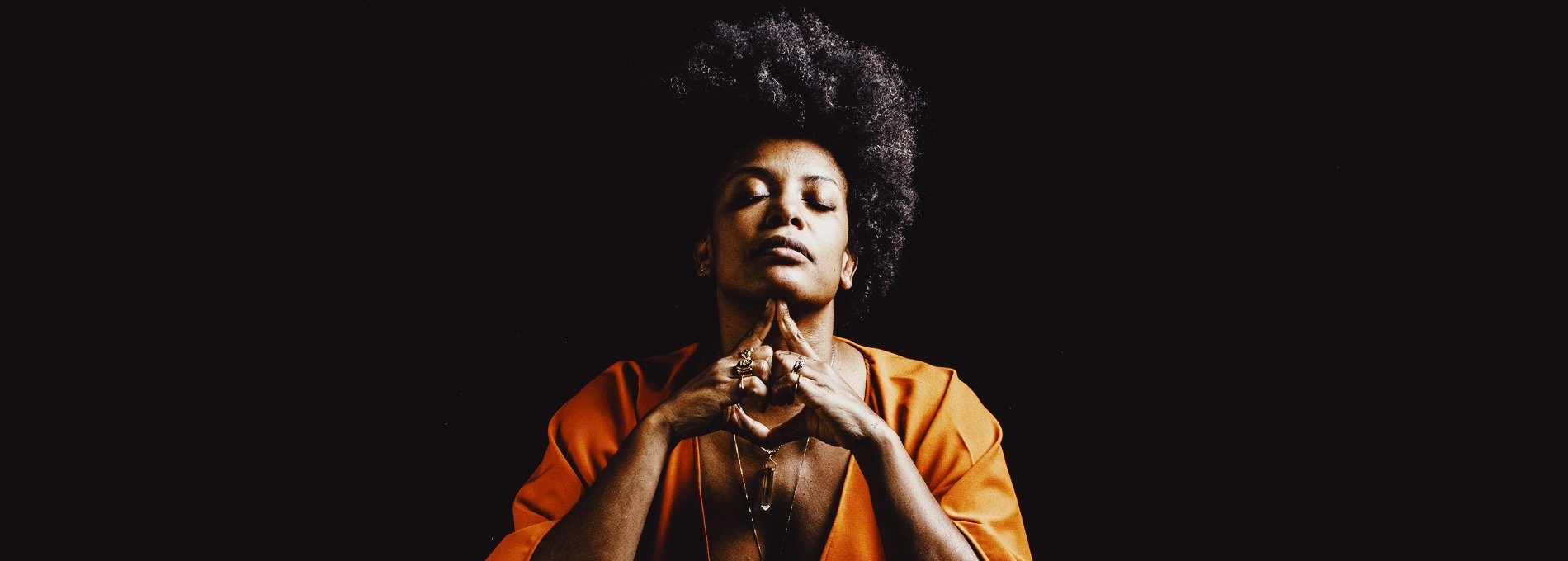THALMA DE FREITAS ON BEING BLACK, LONGEVITY AND MORE
After talking about Sorte!, serendipity and her inspirations, Thalma de Freitas shares her thoughts on being Black in America and Brazil and gives us some really inspirational advice to have a career as long and successful as hers.
On being Black in the US vs in Brazil
“The U.S has two very distinct cultures. There’s the White culture and the Black culture. The grey between those lines is not so big. Here I belong to Black culture, but I was in the integration part of Brazilian culture. When I moved here, I’d say that I divorced from White culture. Not White people, but the culture, the concepts and the way of thinking about colonialism and racism.
If you want to fight racism, you have to fight imperialism, colonialism, totalitarianism, fascism and all those cognitive diseases that humanity is suffering from. I feel like it’s a kind of cancer. Even if we understand we need to work, have money and stuff, but the way we think money, the way we think work, the way we think moral should be more about the community than about being a business, having a brand and just integrating this culture that can be very perverse especially for us.
Somehow we don’t belong anywhere in America, but we belong everywhere at the same time. Struggling itself is the first step to freedom, to deny the lifestyle of the oppressor. And here in America, this is very organized and very clear. They have more resources than we have in Brazil. So I felt very strongly the need to connect Africans from Brazil to Africans in America. I’m now involved in a socialist party here in America, I’m doing translations to Brazil so they can have Portuguese texts on their website and connect. Their work is basically empowering the African diaspora in the Americas and getting us together to help.”
On destroying imperialism
“I honestly don’t believe in destroying imperialism. I think it would be enough if we abandoned them because if they lose our power, the resources that we are in the culture, if we are gone, they won’t survive without us. It’s not that we don’t need to be in combat. But more than being in combat, we need to find our own place of belonging. The nature of humanity is to travel and trade. When we have our own power and our own voices, trade is different than being taken in. To trade you have to speak from a place of belonging. You’re speaking from your own place, then you trade and have a conversation and equal rights.
Instead of fighting to be recognized within that other culture, you have your own culture, your own lifestyle, your own values, your own creations. I speak from a place of a creative of course. If we have our means of production we can trade. Trade I think it’s honest. Not to be so integrated to the point that we lose the sight of our ancestry and leave something for the future that came from Africa but after five hundred years is very American. The core of America as a soul, it’s the native Americans and the Africans. That’s where all the beauty comes from.”
“ Our kids need to see us from other lenses, not only through the lenses of being oppressed, being neutralized and being disempowered.”
On knowing where we come from as Afro-Brazilians
“We lost our heritage. We don’t know where we come from. I believe because of that in Brazil there’s a whole culture of embracing whatever we were able to carry culturally. All the African religions, we kept them very preserved. I’d call it a mystical power that comes from blood heritage, but also through storytelling and oral history to not lose sight of who we are. Obviously whoever is raised outside of the continent would be something else, but at least you have a trajectory. We continue a story that doesn’t need to be the same story as our parents were living. We’re still moving elsewhere and bringing this older culture towards us.
But because there is this need of belonging and we know that all those other countries are very racist and don’t embrace us as we were them, we’re always other. This other is a thing of itself, it’s between two worlds. I believe this is a very strong place to be because you can see, be detached, belong to yourself. You’re not the one oppressing, you’re not the one creating the madness. You find a place of sanity by being marginalized. Somehow you’re protected from being part of all the madness. That’s how I feel.”

On the impact of Black music in American culture and staying optimistic
“All the music that was made by the Black community in America is the music that became the identity of America. Music is this insidious thing. It talks to anybody. You don’t even need to understand the language, the music is so powerful. The identity of these countries comes from Africans. So I understand that we carry the soul and that’s a very powerful place to be. Even if it can be denied, it cannot be erased. I think this makes us very powerful in a very unique place. And I’m hopeful about this place.
I’m optimistic about the place that we are. I know it’s a place of a lot of suffering, but everywhere is a place of suffering. There’s suffering of all kinds. If you see yourself as an oppressor, identify yourself as a White person,are mean to other people, it corrupts your soul and that’s suffering as well. But if you’re not the one who’s doing it, but you’re bringing soul, light and power from your ancestors and pass all this power to our descendants, that’s a very honorable place to be in history. Especially nowadays.”
On the representation of Black Women in Brazilian TV and media
“It’s been 30 years that I work. Back in the early 90s, it was a very different cultural environment, especially on big media. Nowadays there’s like hundreds of new actresses that are doing beautiful careers and being recognized by their own peers. Especially because of the Internet, people have a voice that is not filtered by the media. Now, there’s a Trace Brazil and that is absolutely revolutionary. It’s a beautiful thing to see how we did evolve because of the pressure that the voice of the people made over all kinds of media. Also how they were disempowered by being racist the way they were. Now people are being canceled for it. I could not have imagined this when I was young and starting.
I agree that there must be more black actresses, actors in TV because I was fortunate enough to find a place. My only concern was to have longevity in my career. Not to be looked at as a trend and then be gone. I stayed 18 years in total working on television and I know this helped shape the image of Afro Brazilians.”
On sharing another narrative about Black people
“In music, I would always sing about black culture. On TV I would do whatever needed to be done because I needed the spotlight to shine a light over the other works that I was doing. I wouldn’t talk to the media about the pain and sorrow caused by racism, because I wanted people to have other narratives about us. Our kids need to see us from other lenses, not only through the lenses of being oppressed, being neutralized and being disempowered. There’s always a way, especially if you hold on to your power, you can become the best version of you to yourself and to the community around you. I’m happy to have served my country so far.”

On how to have such a long career
“Basically have the intention of longevity. There is this myth of celebrities nowadays with thousands and millions of followers being on the spotlight. Obviously, it’s nice to have this but everybody who worked a long time in entertainment knows that normally, unless you’re Snoop Doggy Dogg, there’s always ups and downs. You’re gonna be in the light and you’re going to be in the shadow. Not only because of the industry itself, but because of your own personal life. So understand that you’re going to grow older as an artist and make decisions that are best for you and not decisions that are best for the public view.
You serve the public better if you are very honest and protect the integrity of your work no matter what. Then you find your people. There’s always people who are going to hate you, it doesn’t matter how good your work is. There’s always people who are going to not care about you. And then there’s your people. Your people are the one who helps you have longevity. So, I would rather have a couple of thousands of really serious people who really care about what I do, then have like a million people and then get lost.
“ If you commit to something, make sure that you commit to something that you’re able to go through with ease and grace.”
Feeding the creativity
If it only lasts 7 to 10 years, it’s not enough for an artist. Creativity will always be on us and through us. Creativity needs us to be healthy, to be there and available. In the downsides of your cycles you create the most because you’re in a cocoon and you’re not being noticed. You create so much because you need to. And then you’re into your upsides and you shine. So understand those cycles, respect them and think far away. If you commit to something, make sure that you commit to something that you’re able to go through with ease and grace.
There’s this amazing advice that I sing, it says : when you’re young and you decide to take a career, if it’s really what you want, really what you love, consistency is going to give you the success you need because a lot of people who start with you in the same career are going to give up for one reason or another. So if you manage to stay doing what you do long enough, eventually there will be no competition. Create your style, develop it, get your talent so you become unique. Then there’ll be nobody in your lane.”
You can enjoy Thalma de Freitas music and more Brazilian vibes on our playlist Bossa Lova. Don’t hesitate to let us know your thoughts on the topics disccussed with Thalma on our Instagram or Facebook page. And if you haven’t seen the first part of this interview yet, just click below.

